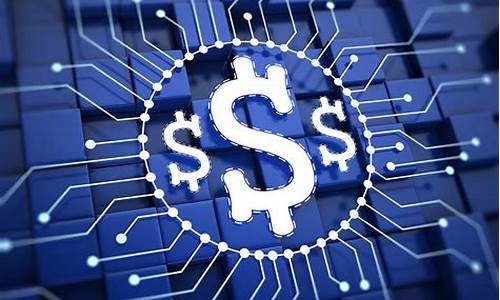
Digital currency and enterprise coin are two concepts that have gained significant attention
in recent years due to their potential to revolutionize the way businesses operate.
Digital currency, also known as cryptocurrency, is a type of virtual currency that
uses cryptography to secure and verify transactions and to control the creation
of new units. It operates independently of a central bank or government and
is decentralized, meaning that it is not controlled by any single entity.
Enterprise coin, on the other hand, is a type of digital currency specifically
designed for use within a business or organization. Unlike traditional
digital currencies, enterprise coins are often issued and managed by the same
organization that owns the underlying technology or platform upon which they are
based. This allows for greater transparency and accountability in the use of
enterprise coins.
While both digital currency and enterprise coin share some similarities, there are
also some key differences between the two concepts. One of the main differences
is that digital currency is typically used for peer-to-peer transactions, while
enterprise coin is designed for use within a specific business or organization.
Another difference is that digital currency is often seen as more risky and less
stable than enterprise coin, which is typically issued and managed by a trusted
entity with a proven track record of success.
Despite these differences, both digital currency and enterprise coin have the potential
to transform the way businesses operate by enabling faster, more efficient, and
more secure transactions. As such, many businesses are beginning to explore the
use of digital currency and enterprise coin as a means of improving their operations
and increasing their competitiveness in today's fast-paced business landscape.
